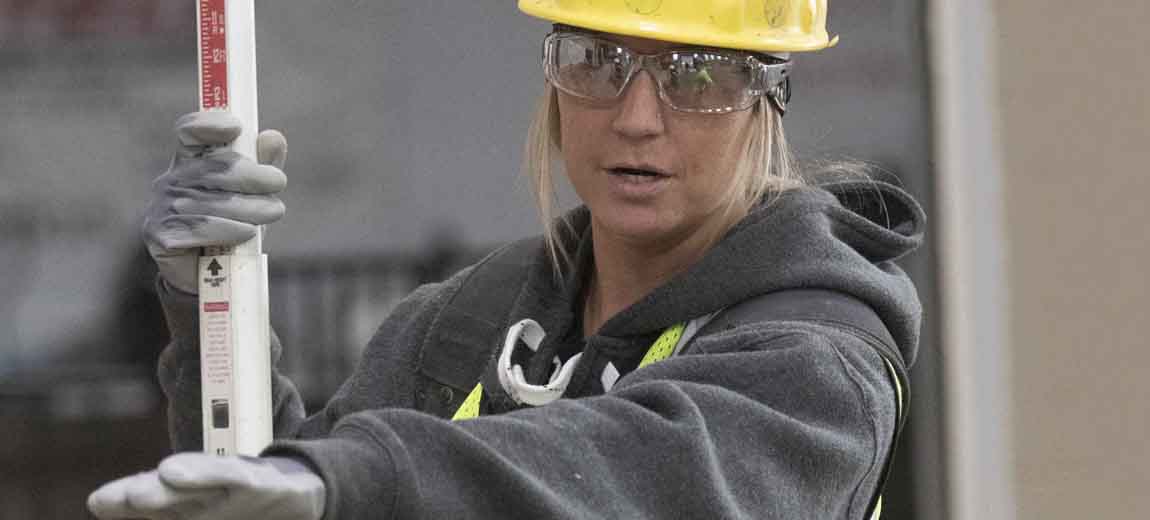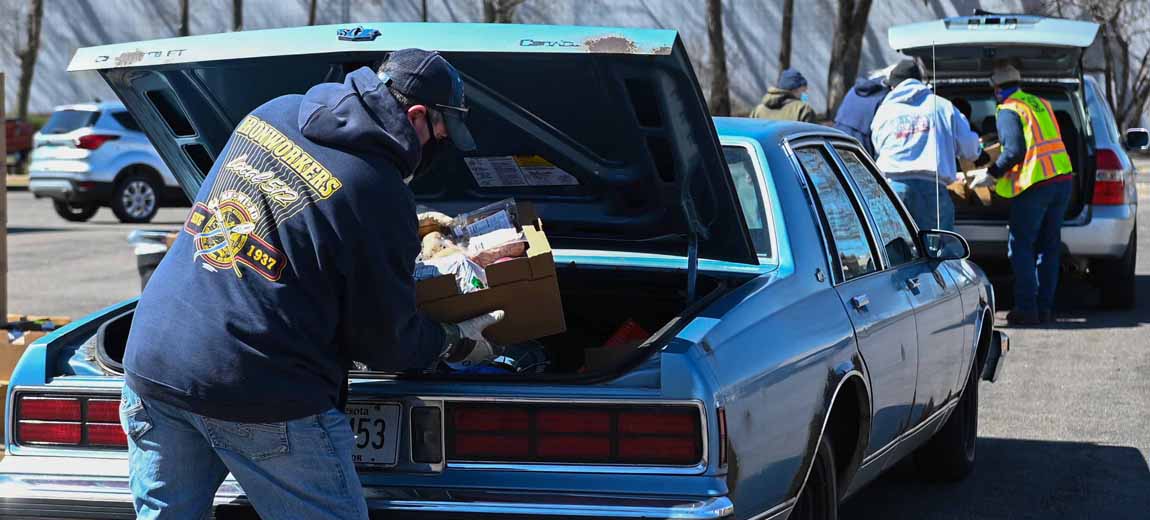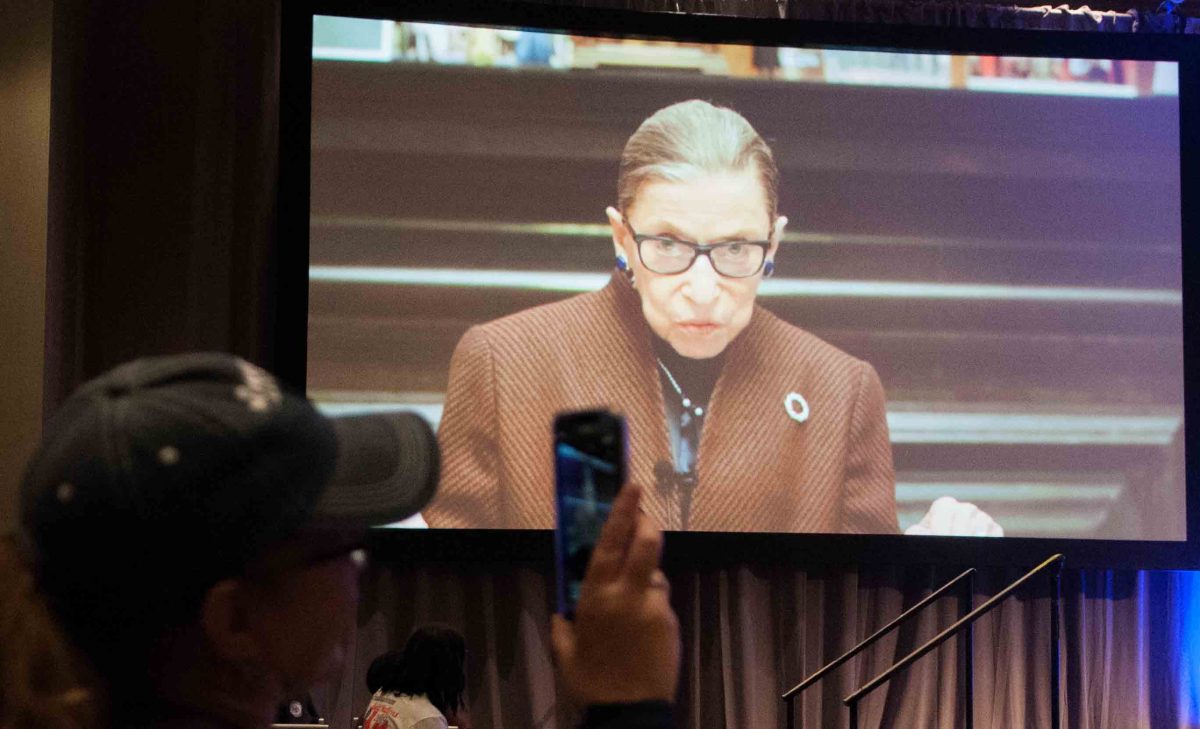Kate Zelko – Cement Masons Instructor and Mentor

Inspiring By Any Measure
Read more

Kate Zelko – Cement Masons Instructor and Mentor

This past winter members of the Minnesota Building Trades put their feet and backs into helping distribute food to struggling people.

Women at the Trades Women Build Nations Conference get encouragement from Ruth Bader Ginsburg.